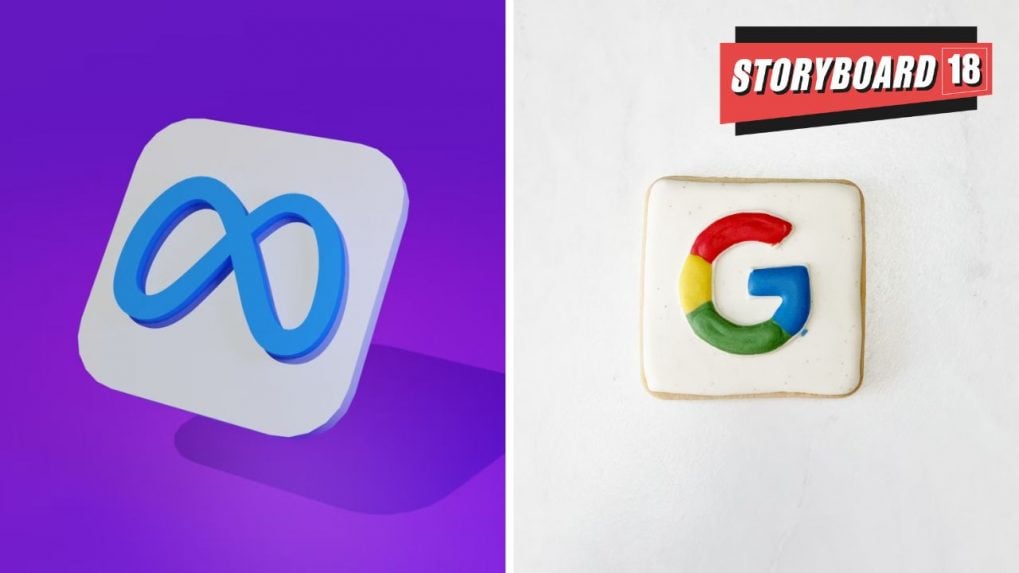How it Works
WPP, Havas, Omnicom: Are advertising’s biggest holdcos recasting agencies as AI Operating Systems?

Meta is likely to face new lawsuits by US states, this time being accused of fueling mental health problems among teens due to Facebook and Instagram addition. A federal judge in California allowed the states to sue Meta for social media addiction among teens.
Oakland-based U.S. District Judge Yvonne Gonzalez Rogers rejected Meta's submission to dismiss the claims made by the states in two separate lawsuits filed last year, one involving more than 30 states including California, New York and Florida.
The judge also rejected motions by Meta, ByteDance's TikTok, Google parent Alphabet's YouTube and Snap's SnapChat to dismiss related personal injury lawsuits by individual plaintiffs. The other companies are not defendants to the states' lawsuits.
The ruling clears the way for states and other plaintiffs to seek more evidence and potentially go to trial. It is not a final ruling on the merits of their cases.
"Meta needs to be held accountable for the very real harm it has inflicted on children here in California and across the country," California Attorney General Rob Bonta said in a statement.
Lawyers for the personal injury plaintiffs in a joint statement called the ruling “a significant victory for young people nationwide who have been negatively impacted by addictive and harmful social media platforms.”
A Meta spokesperson says that the company disagreed with the ruling overall and that it had "developed numerous tools to support parents and teens," including new "Teen Accounts" on Instagram with added protections.
A Google spokesperson called the allegations "simply not true" and said, “providing young people with a safer, healthier experience has always been core to our work.”
Hundreds of lawsuits have been filed by various plaintiffs accusing the social media companies of designing addictive algorithms that lead to anxiety, depression and body-image issues among adolescents, and failing to warn of their risks.
From purpose-driven work and narrative-rich brand films to AI-enabled ideas and creator-led collaborations, the awards reflect the full spectrum of modern creativity.
Read MoreThe Storyboard18 Awards for Creativity have unveiled a Grand Jury comprising some of India’s most influential leaders across advertising, business, policy and culture, positioning it among the country’s most prestigious creative award platforms.